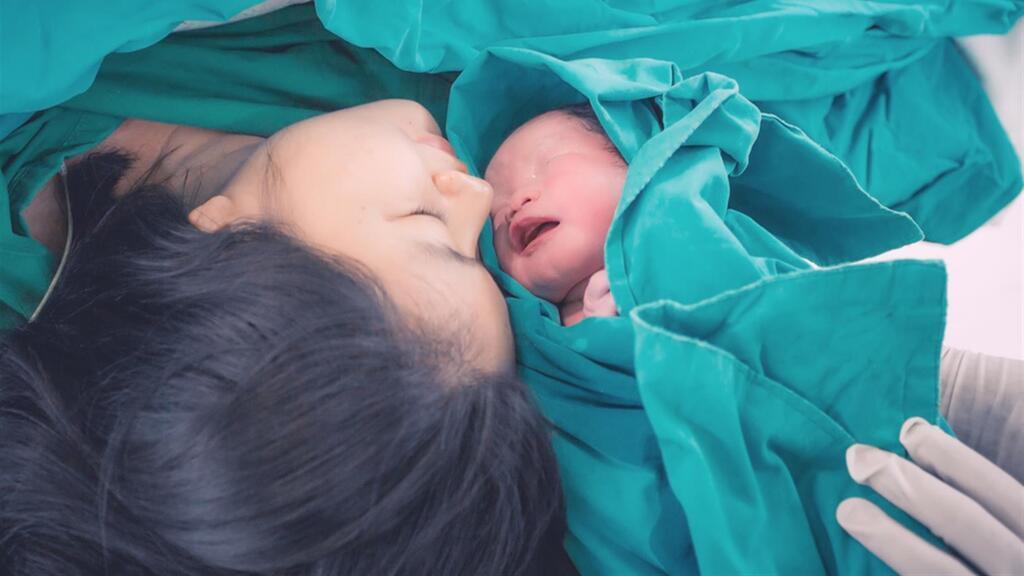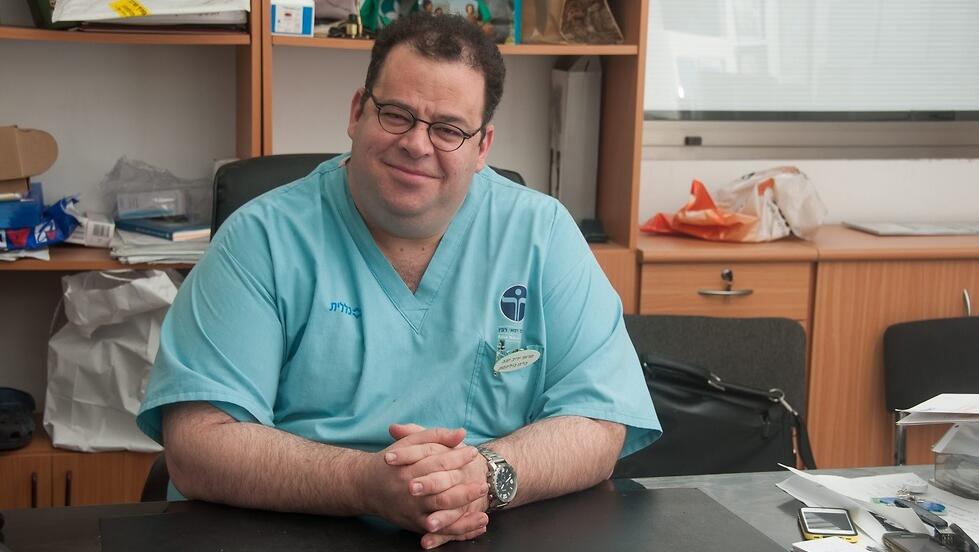Getting your Trinity Audio player ready...
High-profile doctors have praised Israel's decision to ban the use of extraperitoneal French AmbUlatory cesarean section technique in hospitals.
The decision was announced by the Health Ministry on Saturday, citing complications, although many women said they were satisfied with the procedure.
Professor Yariv Yogev, head of Obstetrics and Gynecology Department; Lis Maternity and Women's Hospital; Ichilov Medical Center and Prof. Tal Biron-Shental Chairwoman and Director of the Obstetrics and Gynecology Division at Meir Medical Center, told Ynet they agreed with the decision.
The technique, introduced to Israeli hospitals in recent years, is carried out differently to traditional methods, and includes lateral and not central access to the uterus. It can therefore reduce postoperative pain and accelerate recovery, according to some doctors.
No studies, however, have been published in support of the claim. But, some studies showed the procedure has a higher likelihood of harm to babies, since they are removed with the use of clamps in some instances.
"I think many of the women do not know what they are about to experience, and we are worried. Until further studies show different results, it is right to ban the technique," Prof. Biron-Shental said said.
The use of clamps, she explained, was necessary because the incision is smaller than in regular cesarean sections and access to the baby is more restricted.
Prof. Yogev said there are very few good studies available, and as concerning reports emerged, it would be most prudent to suspend the use of the procedure in Israel.
Regarding a quicker recovery following the use of the French method, Yogev said a study conducted in Israel showed there was no difference in the amount of pain women suffered, and more complications were reported, including harm to the uterus and to the bladder.
"It is all about marketing," Biron-Shental said. "Women are sold a bill of goods. I hear things that are simply not true," she said, adding that her primary concern is for her patients.
"The procedure has benefits and shortfalls, and a woman should be able to chose whether or not to have it, but her decision must be based on facts," Yogev said.
Israel's Midwives Association said in a statement that they respect the position of doctors and do not intervene in matters of surgery. "We hope to be given the time and manpower to do our work properly, without the need to involve costly procedures," the association said.
"We would like to be part of the discussion and express our opinions."




